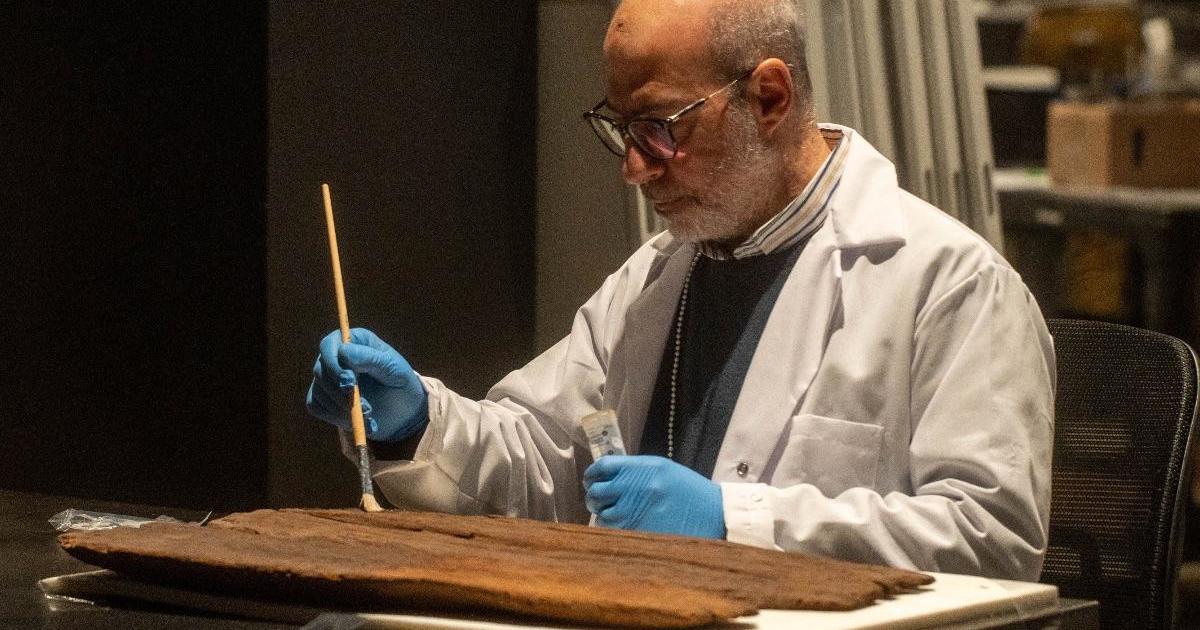New Law Requires Patient Agreements & Mandatory Drug Tests For Chronic Pain
HARRISBURG (KDKA) -- It's the General Assembly's latest effort to deal with the over-prescription of pain medicines to those with chronic pain.
"It's extremely important. I think this Senate bill is a step in the right direction," says Dr. Jack Kabazie of the Allegheny Health Network.
A new law just signed by Gov. Wolf, the Opioid Patients Treatment Agreements Act requires those being treated for chronic pain to sign an agreement with their drug provider about the risks of addiction.
"Frankly, this is behind the times," says Dr. Kabazie. "When you're talking to people about any medications, you should talk to them about the possible side effects, the risks, the complications, and the indications as to why they're taking it, the doses, and certainly addiction, abuse."
The agreement also requires a mandatory urine drug test before opioids can be prescribes.
Dr.Kabazie, Director of Pain Management for Allegheny Health Network, says some providers are already doing this.
Kabazie says providers like his already require the kind of signed agreements now mandated by law.
"They sign an informed consent that addiction is a possibility of taking these medications, things like opioid-induced hyperalgesia, which means that opioids can actually cause pain in some individuals," he said. "It can cause endocrine dysfunction. These are all the things that we have to tell the patient about the risks associated with long-term opioids."
More controversial is a mandatory urine test.
WATCH: KDKA's Jon Delano reports live on the new law.
Some lawmakers voted against the law because of that, but Kabazie says discretionary tests often don't happen.
"Physicians by and large are very busy, we're understaffed, you're overworked, you have too many patients to see in the day and then you have to stop and do urines?" He asked. "It's a good practice, but if you leave it as a guideline, it's not going to get done more often than not. We do urine drug screens on the first script that we give a patient and then we do it at a minimum of twice a year. We do it randomly."
A drug test will determine if the patient is abusing by taking too many pills, or not taking enough, leading to suspicions they are diverting or selling the opioids to others.
The law, says Kabazie, only applies to chronic pain patients who experience pain for more than three months, not pain relief after surgery or injury.
"This wasn't meant to hinder physicians from giving patients opioids for post-surgical issues for just a few days. That's not what this was about," he added.
But the new law might encourage alternatives to opioids.
"There are many tools in our toolbox to treat chronic pain, certainly that don't involve opioids."
The new law takes effect immediately.



